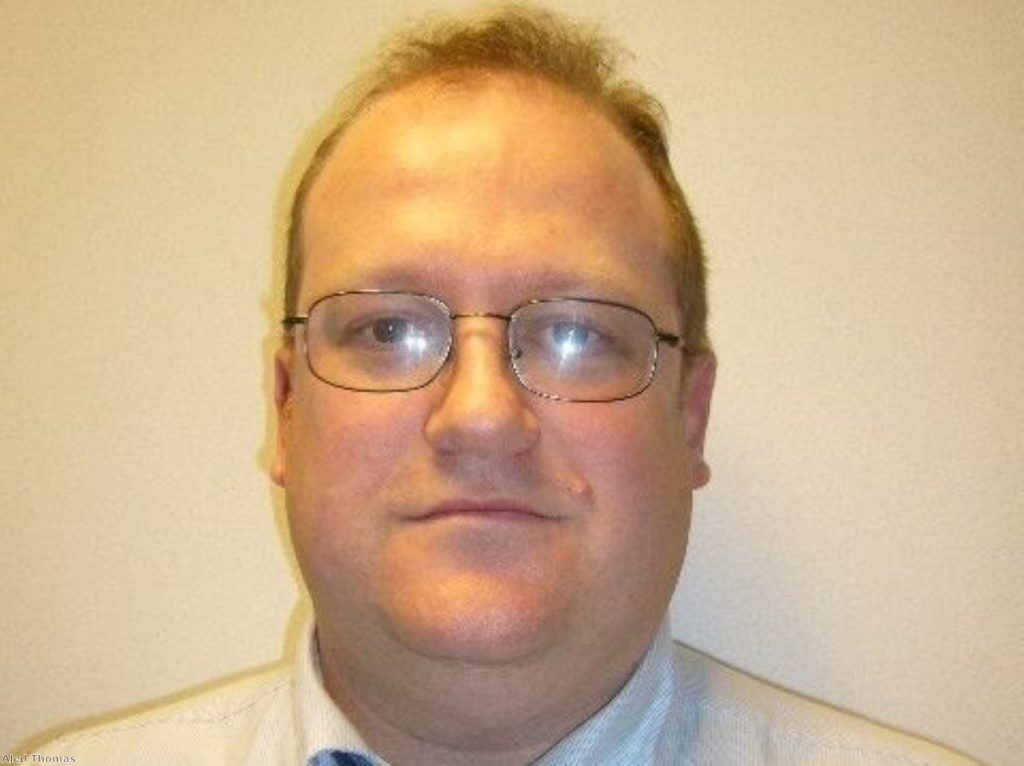Comment: Where did the Tories go wrong?
Cameron rejected liberalism on the campaign trail. Now, he has to embrace it.
By Aled Thomas
Tory grandees, and their friends in the press, have been continuing to assert that the party has won the election. But it hasn’t. The point of standing is to win enough seats to form a government, which it wasn’t able to do.
On a bad night for all the main parties it did best, but the result can only be assessed as a huge disappointment for the Tories – why isn’t David Cameron now sitting in Downing Street, as all the auguries said he would be?


After three pretty disastrous election results The Conservative party decided to change itself, reluctantly, to win this time round. It elected as its leader a new man, an MP only since 2001.
David Cameron was a fresh face, not associated with the Thatcher/Major years, and he talked a very progressive game. Remember ‘Vote blue, get green’? Remember the trip to Norway with the huskies, the opposition to ID cards, the talk of increased civil liberties, becoming gay and ethnic-minority friendly? This was a man desperate to move away from the old ‘nasty party’ image.
And yet, and yet, despite talking the liberal talk, he could only get the support of 36% of the electorate.
The first reason is that the new Conservatives seemed paper thin. Whatever you think of Tony Blair, New Labour was elected, and did govern, as New Labour. He faced down the party on Clause Four and any serious criticism of the last 13 years wouldn’t really suggest the Labour government has been too left wing.
But Cameron couldn’t or wouldn’t do it – maybe because at his back he had activists and MPs who were very suspicious of the new direction.
Gay equality was a constant stumbling block; he had a disastrous interview with Pink News, he refused to censure Christopher Grayling who sympathised with B&B owners who wouldn’t let a gay couple stay, and defended Philippa Stroud who faced allegations of trying to ‘cure’ homosexuality through prayer.
Pink News said support for the Tories amongst gays collapsed from 39% a year ago to nine per cent at the election. And to others, maybe attracted by the liberal talk, it appeared to show the ‘nice party’ as a very thin veneer indeed.
And then there’s class.
It shouldn’t matter where Cameron went to school. Or George Osborne, or Boris Johnson, or the rest of them. But Jeremy Paxman made a telling point; When Cameron or Osborne started talking about cuts they did look like young men of immense privilege with a glint in their eye.
And ‘we’re all in this together’ really didn’t work. It’s fine in a time of economic hardship to talk about an age of austerity. But it won’t work if your audience believes the austerity will be for them and not you.
I believe many people looked at Cameron and Osborne talking about cuts and difficult times ahead and felt, sincerely, that it would be the working and middle class which felt that squeeze, while Cameron and Osborne themselves, and their class, who can buy the health and education services they want, would, somehow, get by.
And that wasn’t helped by defending a cut in inheritance tax. It looked like we weren’t all in this together, only the poor.
There’s also been criticism of the campaign, and Cameron’s performance in the debates, which we probably don’t wish to rehash here; suffice to say that the entire month didn’t move the country one way or another in any significant direction.
It all adds up to the fact that Cameron couldn’t reach out to the middle ground.
There’s a core Tory support of about 35%; it’s not enough to form a government, and the Conservatives need to pick up votes from the liberal centre, which they weren’t able to do.
And I think that’s because Cameron was too keen to play to the audience behind him. His party had a big task to get into government; win 117 seats on a seven per cent swing.
That needs activists on the ground, and I think the loud mutterings about ‘call me Dave’ from the core support spooked Cameron. He wanted the party out working for him, so had to throw them a bone or two.
But that repelled voters in the liberal centre, who may have been attracted by the green talk and the civil liberties, but felt it was a mask.
Which means that having played to the right during the campaign, Cameron now desperately has to make offers to the Liberals in order to form a government.
Ironically, if he’d talked more like Clegg over the last month, he may not have to talk to him at all right now.
The views expressed on politics.co.uk’s comment pages are not necessarily those of the website or its owners.









